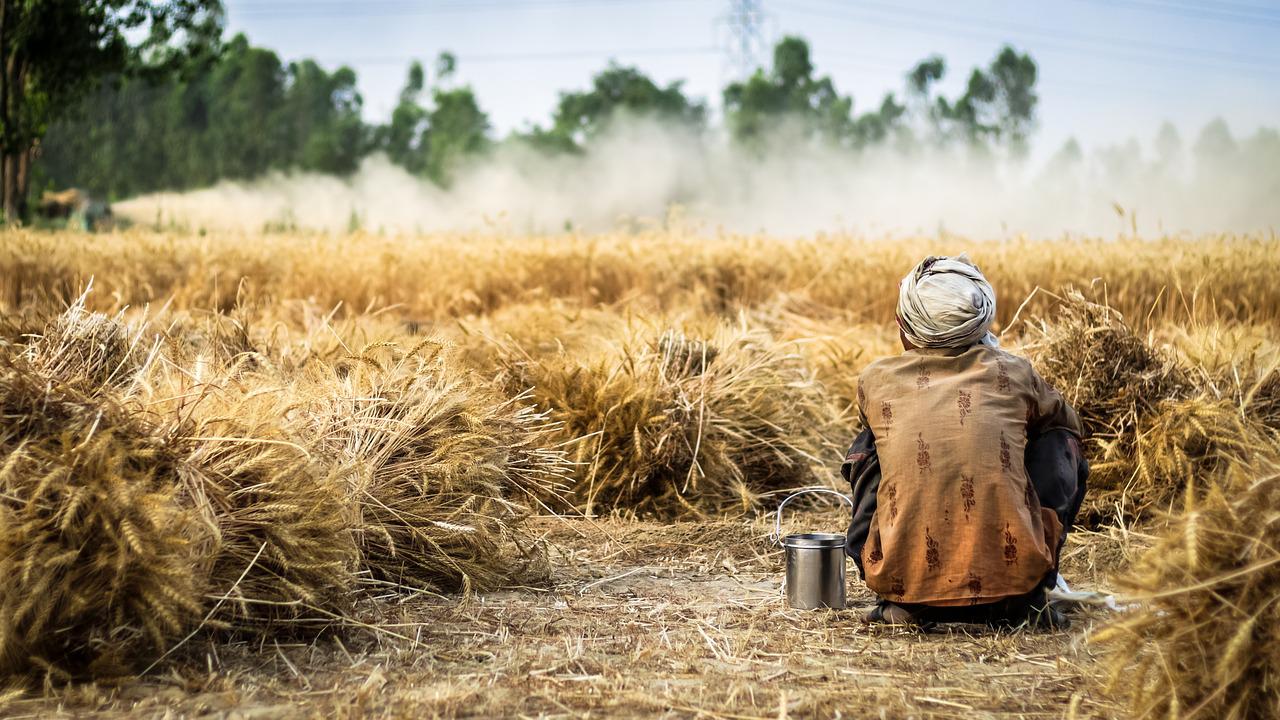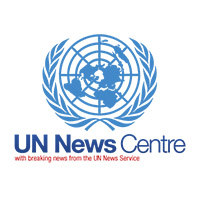UNCTAD’s analysis shows that a 10 per cent increase in food prices will trigger a five per cent decrease in the incomes of the poorest families, roughly equivalent to the amount those families would normally spend on healthcare.
As consumers try to reduce their spending, they will pay a high price if they buy cheaper, but unsafe products. The United States reports 43,000 deaths and 40 million injuries per year associated with consumer products, with yearly costs of over $3,000 per capita.
“Governments must strive to continue and succeed in their long-term mission of protecting their consumers, a mission of renewed relevance today,” said UNCTAD Secretary General Rebeca Grynspan at the organization’s intergovernmental meeting on consumer protection held on 18 and 19 July.

Cross-border threat
Keeping consumers safe is generally a top priority for governments around the world. UNCTAD research shows , with a developed network of laws and standards promoting product safety.
While more developed countries have put in place product safety frameworks, including laws, enforcement institutions, recall mechanisms and communication campaigns, developing countries with weaker systems, UNCTAD said, are less able to regulate the scourge of unsafe products.
More international cooperation is therefore needed to improve product safety for all.
In 2020 UNCTAD adopted its first recommendation on product safety. It aims to curb the flow of unsafe products being traded internationally, by strengthening ties among consumer product safety authorities and sensitizing businesses and consumers.
The article's full text is available here.

 Author:
Author:









